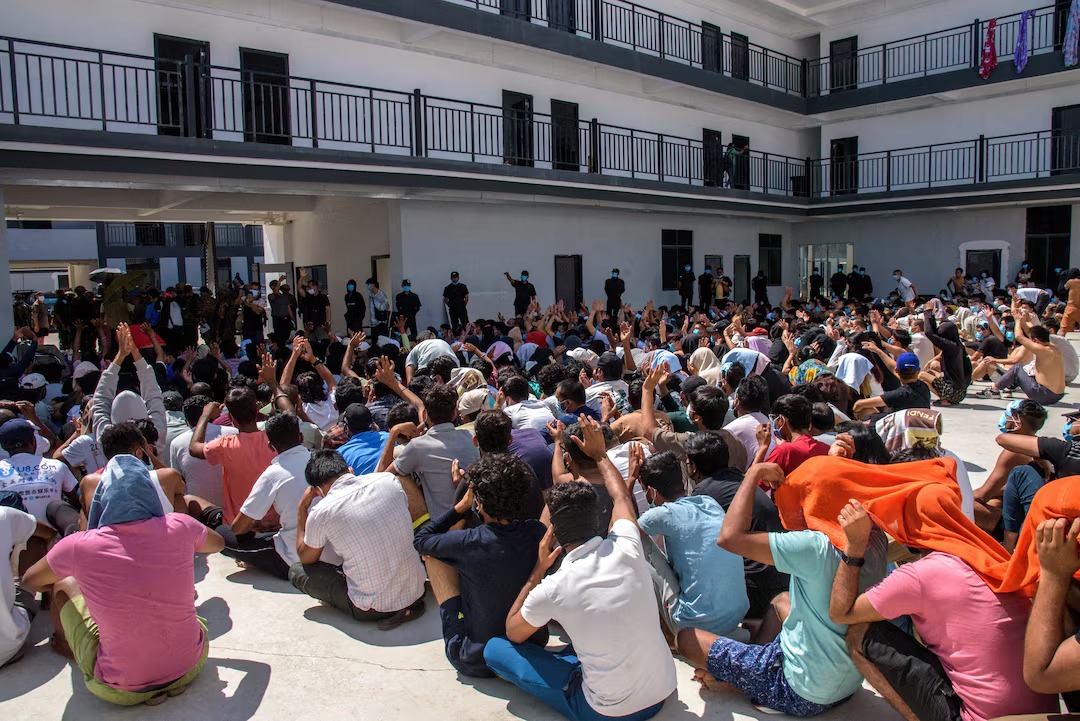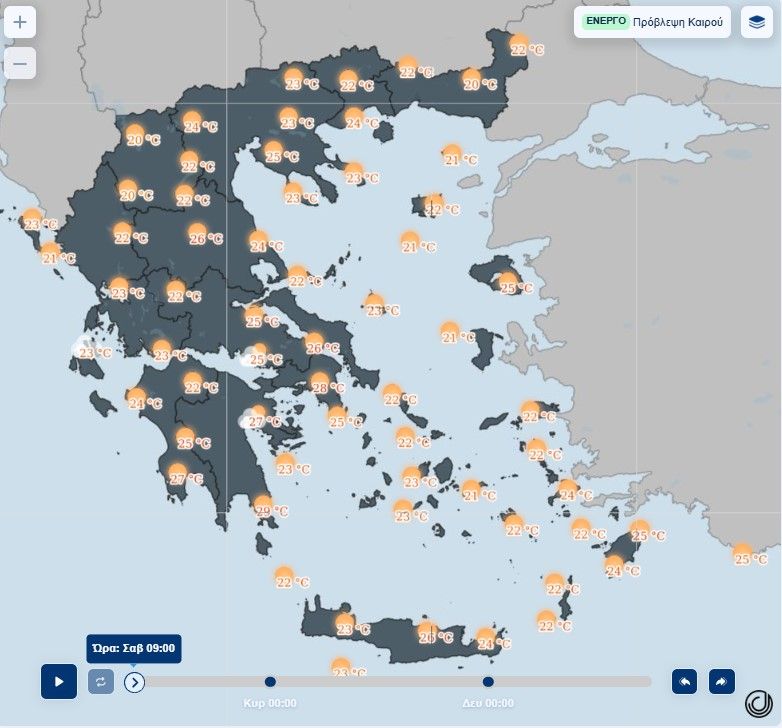UN Warning for Internet Fraud Industry with Smooth Billion

From the spirals of cheats selling love to their victims to allegedly proposing cryptocurrencies, an online fraud industry that has spread to Asia is now spreading to other countries, the UN responsible body warns.
South Asian criminal unions, which are now spreading to South America and Africa, are cramming in secret spaces thousands of workers who undertake to deceive internet users. Many of the workers are victims of trafficking who are forced to work for the criminals.
The phenomenon is spreading despite police operations to dismantle these groups in South Asia, the UN Office on Drugs and Crime (UNODC) warns.
« It spreads like a cancer, » Benedict Hoffman, a spokesman for Southeast Asia and the Pacific at UNODC, told Reuters. « Authorities are facing it in an area, but the roots do not disappear, they just migrate, » he said.
Even with conservative estimates today there must be hundreds of large scale fraud companies, the UN body said. Annual revenue is estimated to amount to billions of dollars.
« The Cyber Surprise Industry (…) has overcome other forms of cross -border crime, as it operates on a large scale and can reach millions of candidate victims online, without the need to move or transfer illegal goods from the border, » said John.
Hundreds of trafficking victims were found to work in « KK-Parak », an online fraud fabric stampefs
In the US alone, financial losses from online fraud cases reached $ 5.6 billion in 2023. Of these, the $ 4 billion concerned scammers who were removing money from faithful users with the promise of a romantic relationship, a form of fraud called pig-butchering or « slaughter of the pig.
In recent months, a large operation against Circuits have been carried out with the help of China at the Thai-Aanmar border, with Thailand cutting electricity and internet connection to areas where factories were found.
As a result, the scammers are transferred to « more remote, vulnerable and unprepared areas of Southeast Asia », especially Laos, Myanmar and Cambodia, the UNODC said.
In Cambodia, police raids pushed the circuits « in more secluded areas, » the UN body said.
At the big business at the Thai-Aanmar border, citizens of more than 50 countries- from Brazil and Nigeria to Sri Lanka and Uzbekistan- were forced to work for the scammers.
Cyber -apostasy unions, UNODC pointed out, have expanded to African countries such as Zambia, Angola and Namibia, as well as to Eastern European countries such as Georgia.
The UN body warns that, without international cooperation to address the problem, online fraud will have « unprecedented consequences for Southeast Asia that will affect the whole world ».







